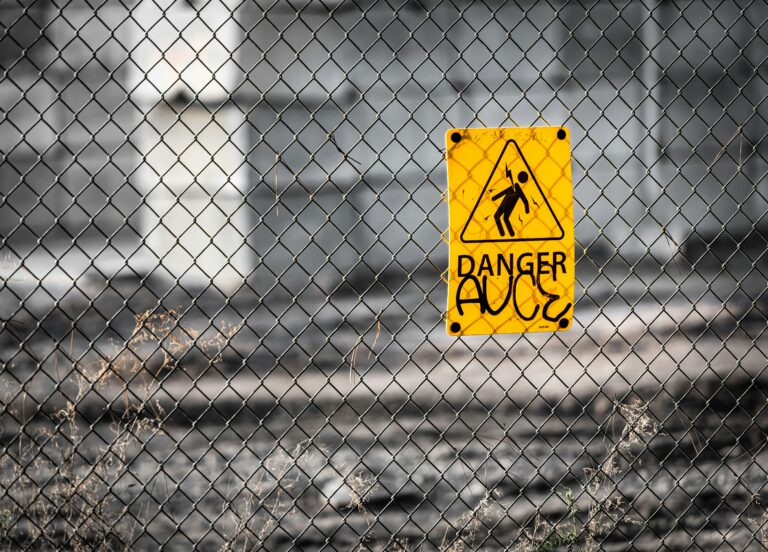Ombudsmänner: Trusted Guardians or Hidden Risks in Modern Conflict Resolution?
Introduction
In a time when trust and transparency matter more than ever, Ombudsmänner have become vital figures in maintaining fairness across both public and private institutions. They stand as independent mediators, ensuring voices are heard, grievances are addressed, and accountability is upheld.
But as their influence grows, many wonder — are Ombudsmänner the trusted guardians of justice we rely on, or could their authority sometimes conceal hidden risks of bias and inefficiency?
This article dives deep into the meaning, history, and growing importance of Ombudsmänner — exploring how they resolve disputes, protect rights, and shape ethical governance in today’s complex world.
You Might Also Like: mike-wolfe-passion-project
What Are Ombudsmänner?
Ombudsmänner are independent officials who investigate complaints made by individuals against organizations, institutions, or authorities. Their primary mission is to ensure that people receive fair treatment and that systems operate transparently.
They act as neutral intermediaries, bridging the gap between citizens and powerful institutions. Whether it’s a government agency, a university, or a corporate office, Ombudsmänner promote dialogue, resolve conflicts, and recommend reforms that improve justice and trust.
You Might Also Like: tek-102-review
The Origins and Evolution of Ombudsmänner
The concept of the Ombudsmann originated in Sweden in 1809, where the first parliamentary ombudsman was established to monitor government actions and safeguard citizens’ rights.
From there, the model spread worldwide — to Denmark, the UK, New Zealand, and later across Asia and Africa. By the mid-20th century, Ombudsmänner had become symbols of democratic accountability.
Today, they are found in nearly every sector — education, healthcare, finance, public administration, and corporate governance — each adapted to specific community needs while preserving their core principle: fairness without fear or favor.
You Might Also Like: kirby-dedo-history
Core Responsibilities of Ombudsmänner
Ombudsmänner handle a wide range of complaints and play multiple roles depending on their area of focus. Their main duties include:
-
Investigating Complaints: Conducting impartial inquiries into public or private sector misconduct.
-
Advising and Recommending: Offering practical solutions and systemic improvements.
-
Promoting Accountability: Ensuring fair treatment and transparent administrative practices.
-
Advocating for Change: Identifying recurring issues to help shape better laws and policies.
Their impartial and confidential approach helps rebuild trust between institutions and the people they serve.
Types of Ombudsmänner
Different organizations employ Ombudsmänner depending on the nature of their services:
| Type | Primary Function | Typical Setting |
|---|---|---|
| Public Ombudsmänner | Monitor government agencies and public offices | National and local governments |
| Corporate Ombudsmänner | Handle workplace disputes, ethics issues, and whistleblowing | Private companies |
| Academic Ombudsmänner | Support student complaints, faculty conflicts, or harassment cases | Universities and colleges |
| Healthcare Ombudsmänner | Address patient grievances and medical malpractice claims | Hospitals and clinics |
| Financial Ombudsmänner | Resolve consumer complaints related to banks or insurance | Financial institutions |
Each role contributes to trust-building and fairness, making Ombudsmänner indispensable in maintaining institutional credibility.
You Might Also Like: slylar-box
Legal Framework and Authority
The authority of Ombudsmänner depends on the country or institution they serve. Most operate under independent legal charters that guarantee neutrality and confidentiality.
Their powers may include:
-
Requesting documents or data relevant to investigations
-
Conducting interviews with involved parties
-
Making official recommendations for corrective action
However, Ombudsmänner often lack direct enforcement power, meaning their recommendations rely on the integrity and cooperation of the institutions involved. Despite this, many organizations comply voluntarily because doing so reinforces public confidence.
Challenges Faced by Ombudsmänner
Even though Ombudsmänner are known for impartiality, their role comes with serious challenges:
-
Limited Enforcement Power: They cannot impose legal penalties.
-
Institutional Resistance: Some entities resist transparency or ignore findings.
-
Rising Complexity: Digital privacy, AI ethics, and global disputes are new frontiers.
-
Public Awareness: Many people still don’t fully understand their rights to approach Ombudsmänner.
Balancing independence, fairness, and effectiveness remains their toughest task.
Skills and Qualities of an Effective Ombudsmann
To handle disputes efficiently, Ombudsmänner must demonstrate both emotional intelligence and legal expertise. Key traits include:
-
Empathy and Active Listening – understanding emotions behind conflicts
-
Analytical Thinking – identifying root causes, not just symptoms
-
Integrity and Confidentiality – ensuring trust from all sides
-
Strong Communication – simplifying complex issues for public understanding
-
Resilience – handling emotionally charged cases with professionalism
These skills allow Ombudsmänner to bridge differences and foster a culture of fairness and respect.
The Role of Ombudsmänner in Modern Organizations
In workplaces and public institutions, Ombudsmänner serve as internal watchdogs who ensure compliance and fairness. Their presence helps:
-
Prevent internal disputes from escalating to legal action.
-
Encourage whistleblowing in a safe, protected environment.
-
Improve morale through fair complaint handling.
-
Enhance an organization’s public image.
By facilitating resolution through dialogue rather than punishment, they save time, resources, and reputational damage.
Ombudsmänner vs. Mediators and Arbitrators
| Aspect | Ombudsmänner | Mediators | Arbitrators |
|---|---|---|---|
| Role | Investigator & Recommender | Facilitator of dialogue | Decision-maker |
| Authority | Advisory only | Mutual agreement-based | Legally binding |
| Focus | Systemic fairness | Compromise | Legal ruling |
| Independence | Organizational or public | Case-specific | Legal framework |
Unlike arbitrators, Ombudsmänner don’t impose penalties — they promote accountability through persuasion and evidence-based recommendations.
The Future of Ombudsmänner
As societies digitalize, Ombudsmänner must evolve to address AI ethics, online harassment, and cross-border data disputes. Future Ombudsmänner are likely to:
-
Use AI tools for data analysis and complaint tracking.
-
Handle virtual mediation through digital platforms.
-
Collaborate internationally on global corporate ethics.
With the rise of corporate transparency movements and employee rights awareness, Ombudsmänner will remain pillars of fairness and responsible governance in the digital era.
Conclusion
Ombudsmänner are more than mediators — they are guardians of fairness in an increasingly complex world. By bridging communication gaps, resolving conflicts, and ensuring accountability, they strengthen the foundation of trust upon which every ethical institution stands.
As long as organizations value justice and equality, the role of Ombudsmänner will continue to expand — adapting, evolving, and inspiring confidence in every corner of society.
Frequently Asked Questions (FAQ)
Q1: What is the main purpose of an Ombudsmann?
The primary goal is to ensure fairness, transparency, and accountability by addressing complaints and mediating disputes.
Q2: Are Ombudsmänner legally binding?
No, their recommendations are advisory, not enforceable. However, most organizations follow them voluntarily.
Q3: Can individuals approach an Ombudsmann directly?
Yes. Anyone with a valid complaint regarding unfair treatment or mismanagement can file a report.
Q4: How are Ombudsmänner different from HR or legal departments?
Unlike HR, Ombudsmänner are independent and impartial, focusing solely on fairness rather than company policies.
Q5: What industries employ Ombudsmänner today?
Government bodies, universities, hospitals, financial institutions, and multinational corporations all use Ombudsmänner.







